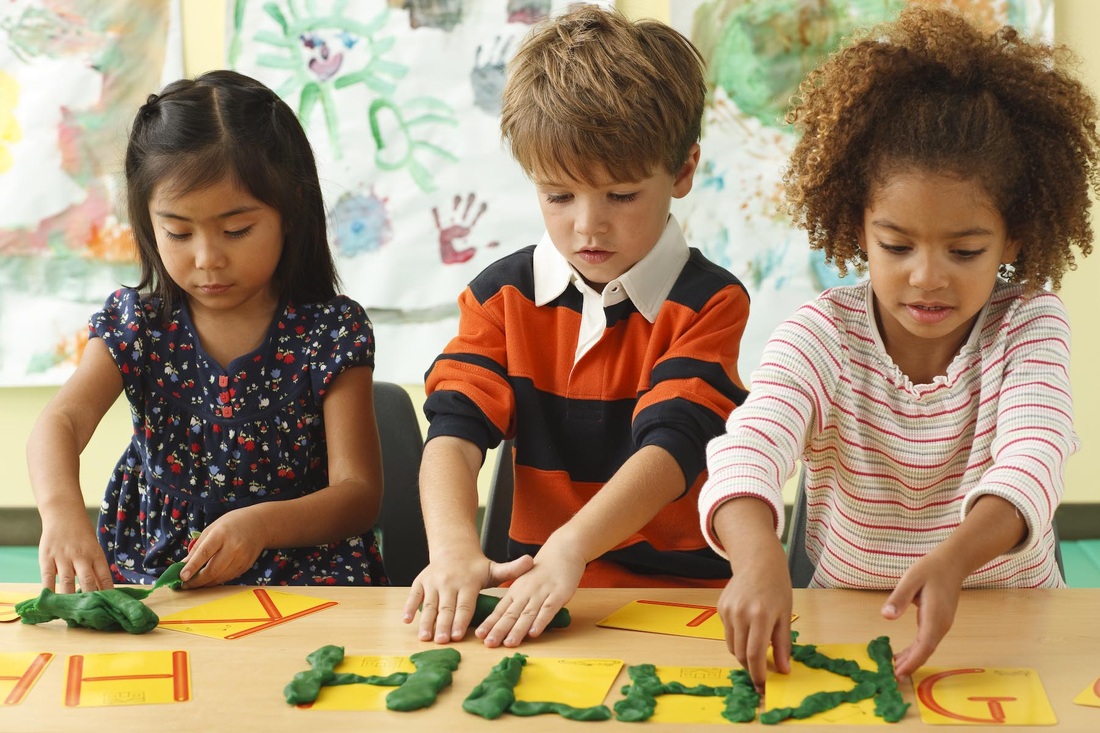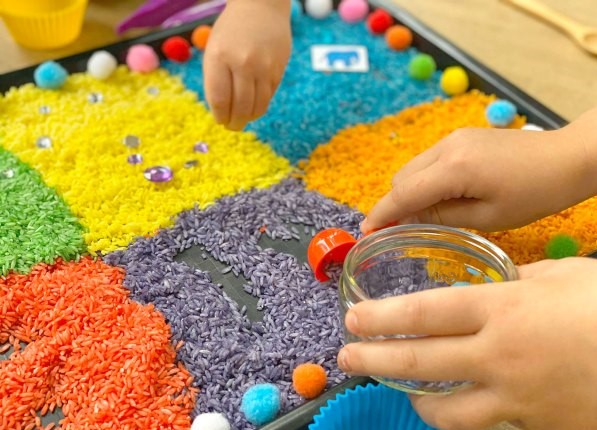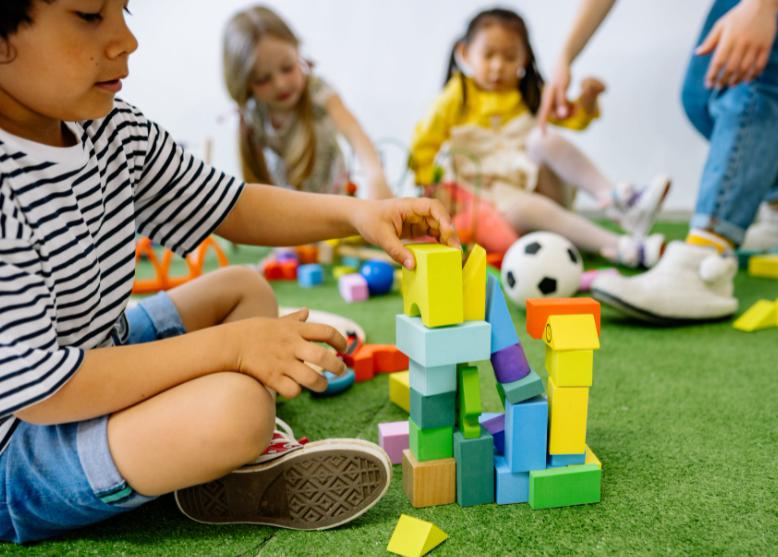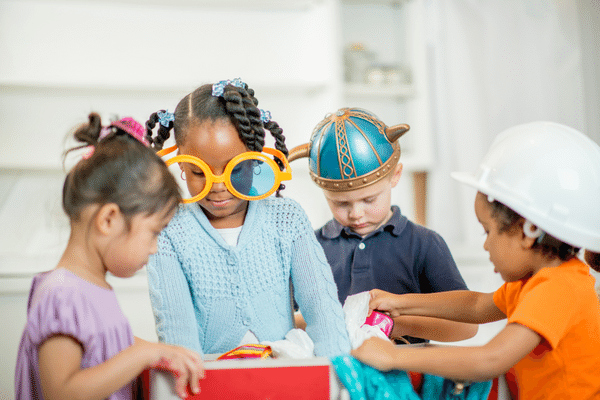
How does Play help children learn?
When it comes to teaching young children, it's essential to make learning fun. Playing is a critical part of early childhood development and has proven to be an effective way of helping children learn new concepts. In this article, we explore how you can use play to promote learning in the early years.

Learning through Play
Play enables children to explore and experiment in a safe environment, which helps them develop a deep understanding of the world around them. Here are some of the ways that play can promote learning.
Social Skills
Play allows children to develop social skills such as turn-taking, sharing, empathy, and communication. Playing with others helps children learn to resolve conflicts and build positive relationships.
Creativity
Playing stimulates children's creativity and imagination. It allows them to develop new ideas, experiment, and take risks. Creativity is essential for problem-solving and critical thinking, which are key skills in later life.
Language Development
Playing provides opportunities for children to develop language skills. Whether it's through storytelling or pretend play, children learn to communicate their thoughts and ideas verbally. This helps them develop their vocabulary and language proficiency.
Cognitive Development
Play promotes cognitive development by providing opportunities for children to engage in problem-solving, reasoning, and decision-making. It helps children develop their critical thinking skills and enhances their ability to learn.
Play Ideas for Early Years
Here are some play ideas that you can use to promote learning in the early years
1. Sensory Play
Sensory play involves providing children with materials that stimulate their senses. Examples include sand, water, playdough, and beans. Sensory play promotes exploration, creativity, and problem-solving.

2. Blocks and Construction Play
Playing with blocks and construction toys promotes creativity, spatial awareness, and problem-solving. Children can develop their imagination by building structures and experimenting with different shapes and sizes.

3. Pretend Play
Pretend play involves children taking on different roles and acting out scenarios. It promotes creativity, imagination, language development, social skills, and empathy.

4. Outdoor Play
Outdoor play promotes physical development, problem-solving, and exploration. Children can explore nature, engage in physical activities, and develop their gross motor skills.

Conclusion
In conclusion, learning through play is an effective way of promoting learning in the early years. Play promotes social skills, creativity, language development, and cognitive development. As a parent or teacher, you can use play ideas such as sensory play, block play, pretend play, and outdoor play for fun and engaging learning activities.


Submit your comment